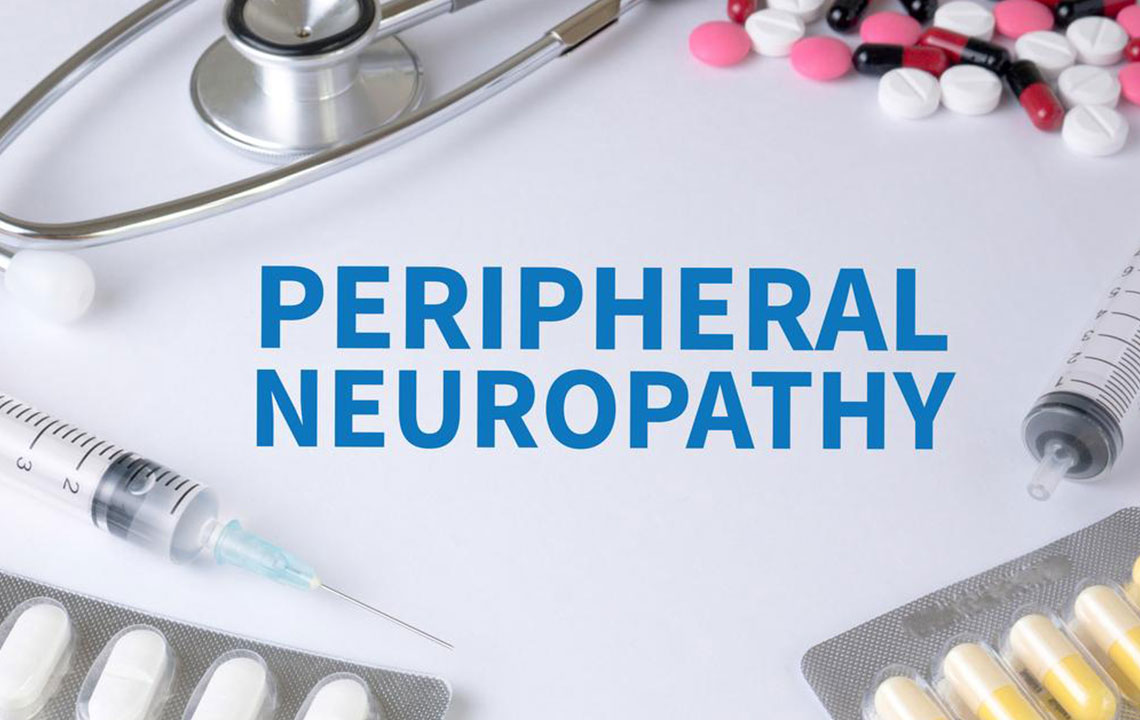Managing and Treating Neuropathic Discomfort
Learn how to effectively manage and treat neuropathic pain through medications, lifestyle changes, and preventive measures. Understanding symptoms and underlying causes can improve quality of life. Proper medical guidance is essential for optimal relief and nerve health.
Sponsored

Effective Strategies for Managing Neuropathic Discomfort
If an injury or medical condition affects the nerve pathways, it can impair sensory signal transmission to the brain, causing numbness or loss of sensation. Sometimes, damaged nerves lead to persistent pain in affected areas, a condition known as neuropathic pain. This pain develops gradually and may fluctuate in intensity throughout the day. It is often linked to nerve issues like diabetic neuropathy, spinal stenosis, or nerve injuries, but injuries to the brain or spinal cord can also induce severe neuropathic symptoms.
Various health conditions, including nerve compression syndromes like carpal tunnel, injuries, or diseases such as multiple sclerosis, HIV, or diabetes, increase the risk of neuropathic pain. Effective treatment hinges on identifying and addressing the root cause. Common symptoms include burning, stinging, sensitivity, or pain with slight touch or pressure. Doctors often use pain scales, including face charts or numeric ratings, to assess pain severity and develop suitable treatment plans.
Medications for Relief
Several approved drugs can alleviate neuropathic pain. Tricyclic antidepressants such as amitriptyline, nortriptyline, and desipramine have been used successfully for years. Additionally, selective serotonin reuptake inhibitors like citalopram and paroxetine, along with other antidepressants such as bupropion and venlafaxine, offer relief for certain patients. Antiseizure medications like gabapentin, carbamazepine, lamotrigine, and phenytoin are also common options, especially for nerve-related pain.
Additional Treatment Options
Topical treatments like capsaicin and lidocaine patches or gels provide moderate relief for some sufferers. While some advocate for narcotic medications, most healthcare providers prefer to avoid them due to potential dependency and side effects. Addressing the underlying cause, especially if reversible, can promote nerve regeneration and pain reduction.
Prevention and Lifestyle Tips
Preventing neuropathic pain involves maintaining a healthy lifestyle—limiting alcohol, quitting smoking, managing weight, and practicing ergonomic habits to reduce repetitive strain. Regular health monitoring and early management of risk factors like diabetes or nerve injuries are crucial. When neuropathy appears, appropriate medications can help manage symptoms effectively.






